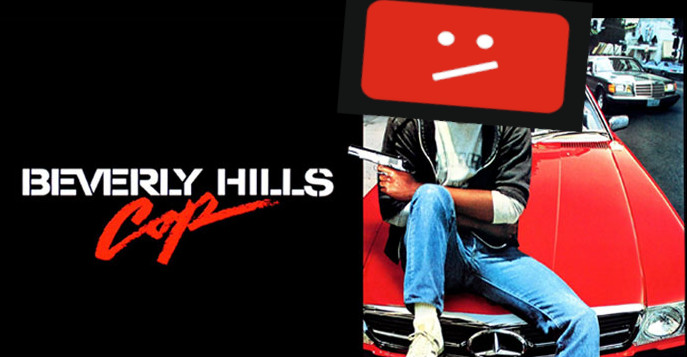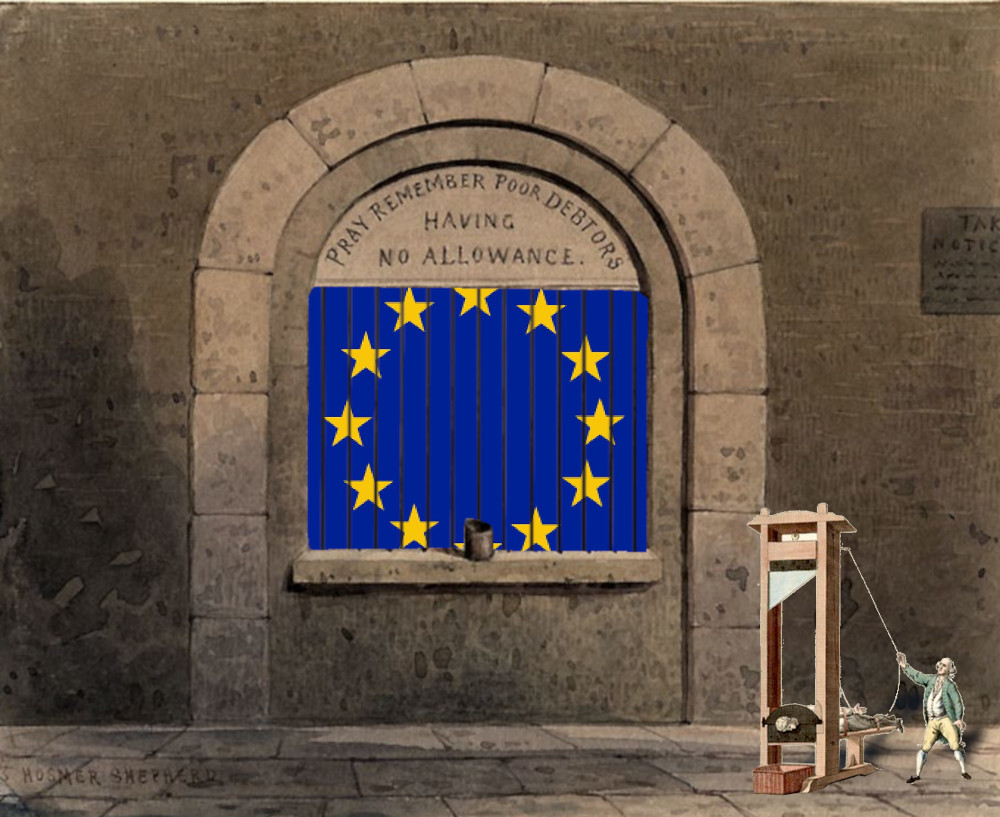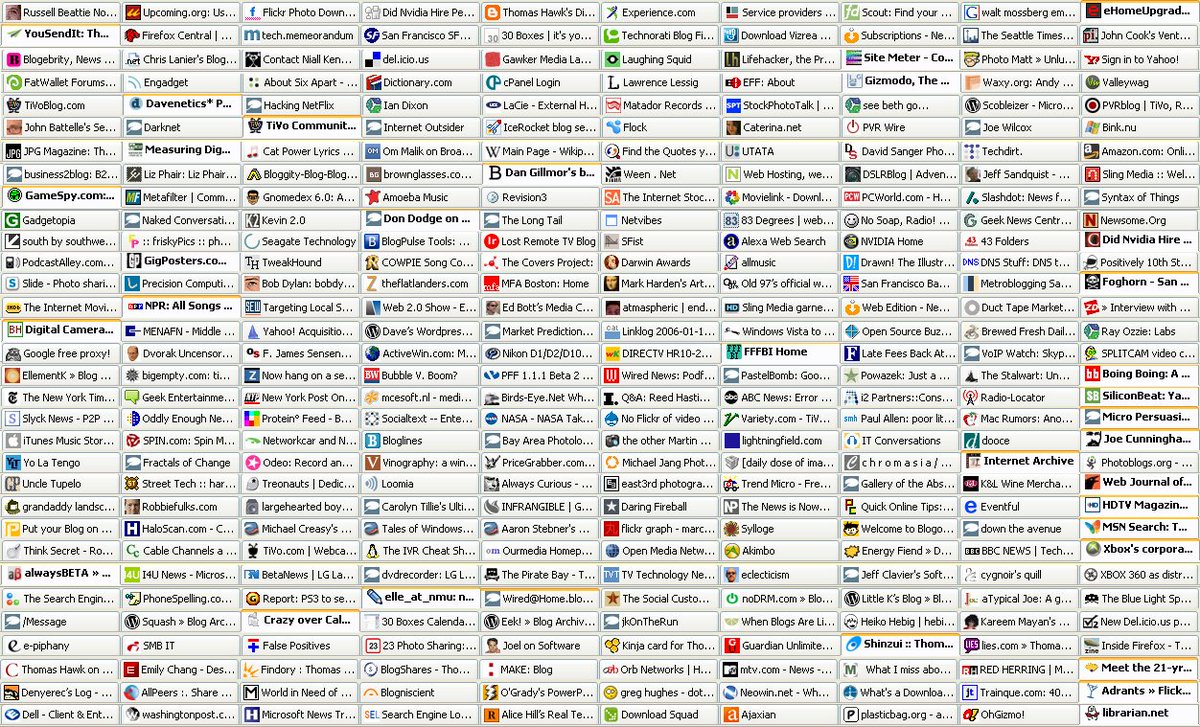
Last April, I began a serialzed weekly reading of my 2006 novel "Someone Comes to Town, Someone Leaves Town, which Gene Wolfe called "a glorious book unlike any book you’ve ever read."
craphound.com/category/someo…
1/
craphound.com/category/someo…
1/

You can catch up on the other installments here:
craphound.com/podcast/?s=%22…
and subscribe to my podcast feed here:
feeds.feedburner.com/doctorow_podca…
3/
craphound.com/podcast/?s=%22…
and subscribe to my podcast feed here:
feeds.feedburner.com/doctorow_podca…
3/
Here's a direct link to the MP3 (hosting courtesy of the @InternetArchive; they'll host your stuff for free, forever, too!):
archive.org/download/Cory_…
4/
archive.org/download/Cory_…
4/
There's also an official - far superior! - audiobook edition from Blackstone audio, read by @BronsonAP. It's DRM-free, too:
downpour.com/someone-comes-…
eof/
downpour.com/someone-comes-…
eof/
• • •
Missing some Tweet in this thread? You can try to
force a refresh










